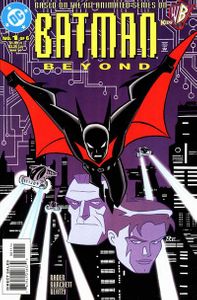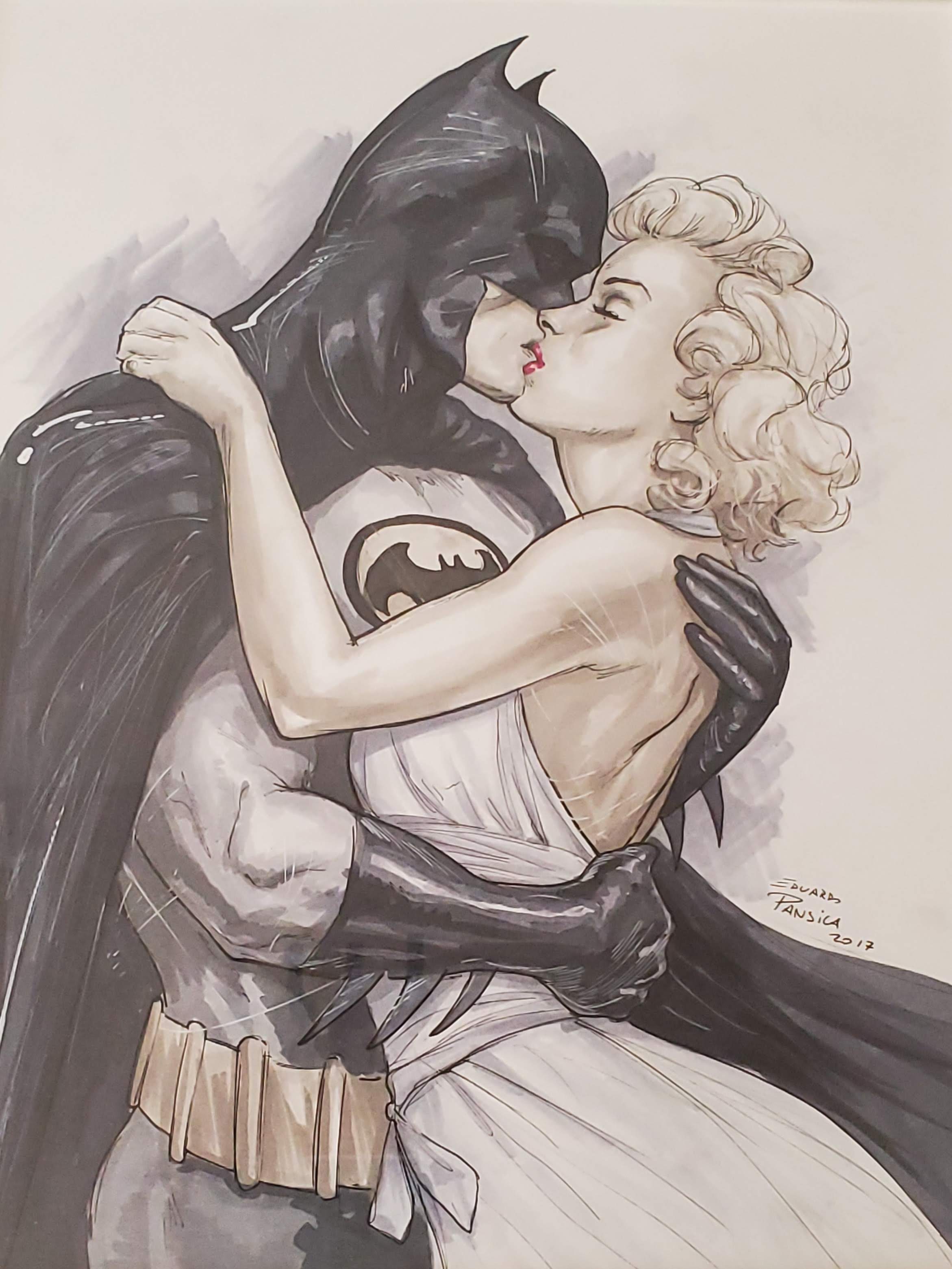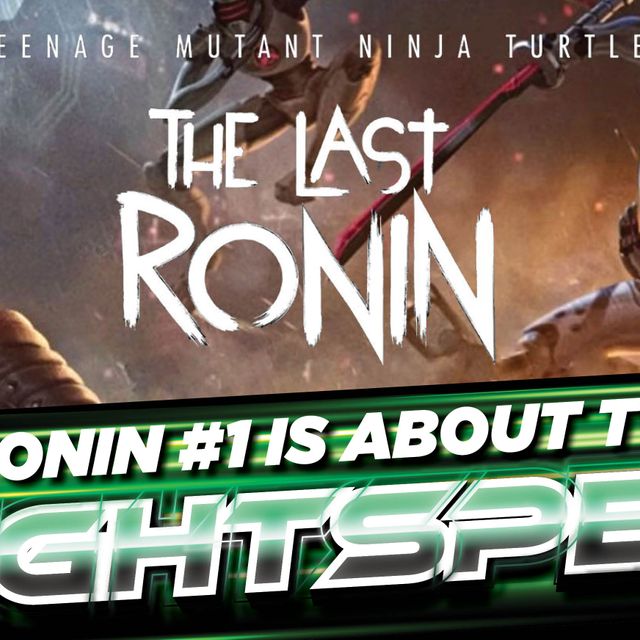I was the kid who thought a fun Friday night should include watching "Wall Street Week with Louis Rukeyser." I know, I know, you all want to party with me. While my Friday evenings might have left something to be desired, I did learn some sound tips about avoiding investing pitfalls.
Renowned investor Peter Lynch coined the phrase, 'stalking the ten-bagger,' by which he meant one of those investing gems that returns ten times your money. Comic speculation is another way to find outsize returns, but to do so, you'll want to avoid these money traps.
Comic Pitfall #1 Thinking of Comics as Investments
I think speculating is a better term when we are discussing comics but I am certainly open to using the i-word in the right circumstance. But that situation needs to keep a couple of things in mind. One is price, which I'll touch on in a moment, but others include liquidity and diversification. Liquidity of course refers to how easy it is sell (liquidate) an asset. Stocks are easy to sell, real estate less so. Comics, well that's going to depend isn't it? How many are you selling? If you are selling your spec copy of Justice League #31, it's fairly easy. If you have a dozen high priced keys, that is going to take a little more time. A collection of 50,000 comics has its own challenges. But mostly, please have some common sense and don't ask which cover of TMNT The Last Ronin #1 to invest in.
Comic Pitfall #2 Not Considering Price
There is a big difference between buying shares in Microsoft today and buying them in 1990. Today, the company's growth is largely behind it. That doesn't make it a bad move to buy the stock today (I have no opinion on this-it is just an example) but no one should expect the next 30 years appreciation to match the last 30, right? In the same way, if you have a Hulk #181 in your collection that you've had for a couple of decades verses one you bought this month, I'm hoping you paid very different amounts for them. Price changes the situation. I have nothing against Hulk #181, but after years of fantastic appreciation, the potential for future growth has diminished. Now that copy you bought this month can still be the crown jewel of your collection (and make no mistake, I will be envious!) but that's not the same as seeing it as an investment.
Comic Pitfall #3 Chasing the Hot Thing
Buy the rumor, sell the news. It's as old as banking. (Which is old, trust me). Buying the news doesn't work quite as well. The speculators before you are now selling to you. What catalyst is left to push the price up further? That doesn't mean one is wrong to pick something up because it's on TV or has other buzz about it. When the Daredevil Netflix show came out, I really enjoyed it. I hadn't read any Daredevil, so I went to my LCS, took the ribbing they dished out about being a bandwagon Johnny-come-lately and bought the inexpensive Frank Miller five part series. I loved it, I gained all kinds of appreciation for the character. But I didn't consider it an investment.
Comic Pitfall #4 Not Buying What You Like
This is one that I have to constantly remind myself of or I would break it all the time. Speculating takes a certain amount of expertise in terms of knowledge and experience. You are more likely to have that knowledge if it is something you care about. Batman makes sense to me. Silver Age Spidey makes sense to me. But I don't know anything about Carol Danvers or Jubilee or tons of stuff really.
And that's fine. I just have to admit that to myself. I have limited time and resources. So I chose to spend those, with a few exceptions, in the DC world. Perhaps I'm growing, I have a bunch of Marvel on my pull list now, including Thor, Immortal Hulk (got in on that one early(ish)) and Venom. But I'm still getting up to speed on the history of these characters and at this point I know my limitations. Speculating in things you don't understand well, generally means that you are following what others think. Not terrible in and of itself, but if you buy something because I said it could be a good spec, when do you sell it? Buy what you like because you may have to hang on to it for a while.
Comic Pitfall #5 Not Having a Plan

OK, So What Should I do (Since You Obviously Know So Much)!
Well, I don't pretend to have all the answers. I tend to run, not walk, away from people that think they do. But the single most important thing you can do with your resources is...Don't. Kid. Yourself. Try to understand why you thought it was a good idea to buy those long boxes of 90s stuff (been there) or that hot variant (that's me too) or that buzzed about, can't miss, movie tie in. Instead, focus on what you know and love. Think about what catalyst could make the price jump and how likely that is to happen. Perhaps most of all, remember that this is a hobby built around your collection.
"We're not fund managers here, churn'em and burn'em!" -Marv (Wall Street, 1987).





